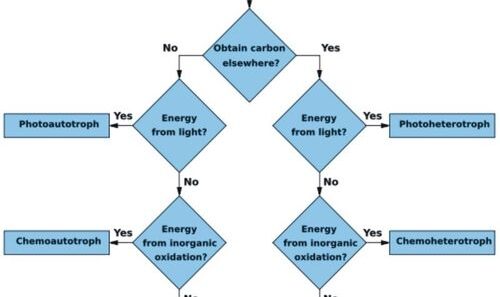Understanding the intricate relationship between our lifestyles and energy expenditure is pivotal in promoting lasting vitality. Conserving energy in our bodies is not merely about curtailing fatigue; it is also an essential approach to enhancing overall health. This exposition will delve into various healthy habits that contribute to energy conservation while simultaneously fostering vitality.
First and foremost, an appreciation for a balanced diet cannot be overstated. This is the foundation upon which all vitality rests. Consuming a plethora of nutrient-dense foods fortifies your body with the requisite energy while preventing undue fatigue. Whole grains, lean proteins, healthy fats, and an array of fruits and vegetables should comprise the cornerstone of one’s diet. These foods provide sustained energy release, mitigating the sudden spikes and crashes often triggered by sugary snacks.
Moreover, hydration plays a critical role. Even slight dehydration can lead to diminished energy levels. Water is essential for countless metabolic processes, including the efficient burning of calories. Structuring a habit of regular water intake throughout the day—aiming for at least eight 8-ounce glasses—ensures optimum hydration, invigorating physical performance and cognitive function.
In conjunction with proper nutrition, the role of physical activity cannot be underestimated. Engaging in moderate exercise regularly not only strengthens muscles but also enhances your body’s overall efficiency in utilizing energy. Activities such as walking, swimming, or cycling elevate the heart rate, improving circulation and oxygen distribution throughout the body.
However, intensity and duration must be balanced with recovery. Overexertion can lead to fatigue, adversely affecting energy conservation. Hence, incorporating rest days is paramount. These intervals allow muscles to recuperate, which is vital for maintaining long-term vitality.
Sleep hygiene is another cornerstone of energy conservation. Quality sleep enhances recovery and rejuvenation. Establishing a regular sleep routine, where one retires and rises at consistent times, reinforces the body’s internal clock. Aim for a minimum of seven to eight hours of restorative sleep. This period is when cellular repair occurs, hormones stabilize, and the body recovers from daily stressors. Creating a serene environment conducive to sleep—dark, cool, and quiet—can significantly enhance sleep quality.
Stress management is also inextricably linked to energy levels. Chronic stress can deplete energy reserves and lead to a constant state of fatigue. Incorporating mindfulness techniques, such as meditation, yoga, or deep-breathing exercises, can bolster your ability to navigate life’s pressures without succumbing to fatigue. These practices foster a state of mental clarity and emotional resilience, allowing for more deliberate energy usage throughout the day.
Additionally, cultivating a positive social environment contributes to vitality. Studies have indicated that engaging in meaningful social interactions can lead to enhanced psychological wellbeing and decreased feelings of fatigue. Surround yourself with nurturing relationships; invest time in bonds that encourage and uplift you, which can replenish your energy reserves.
Moreover, digital detoxification is increasingly pivotal in modern society. Exposure to screens—be it through social media, emails, or streaming services—can sap energy and detract from the regenerative processes our bodies engage in. Setting boundaries on screen time, particularly before bed, can enhance sleep quality and reduce mental fatigue.
In terms of reducing energy waste within our bodies, it is beneficial to embrace the concept of “energy-efficient” thinking. For instance, instead of undertaking exhausting tasks all at once, spreading them out can help maintain a consistent energy level. Break down larger projects into manageable segments, allowing brief pauses in between each segment. This practice not only conserves energy but also enhances productivity.
Nutrition timing can also be optimized. Consuming meals aligned with the body’s natural rhythm can enhance energy conservation. For instance, having a balanced breakfast can replenish your glycogen stores, providing a robust start to the day. Conversely, lavish dinners should be avoided, particularly close to bedtime, as they can impair sleep quality and lead to energy deficits the following day.
Lastly, fostering self-compassion is vital. Engaging in negative self-talk can lead to emotional exhaustion and decreased energy levels. It is essential to practice self-care and treat oneself with kindness and understanding. Recognizing that everyone has varying energy levels and limitations can cultivate a more nurturing internal environment.
In conclusion, adopting healthy habits that promote energy conservation is a multifaceted approach that encompasses an array of lifestyle choices. From the foods consumed to sleep habits, physical activity, and mental wellness, every aspect synergizes to enhance vitality. By understanding and implementing these practices, one lays the groundwork for sustainable health and prolonged energy, leading to a more vibrant life. Investing in these habits today guarantees your well-being for tomorrow, leading to resilience in the face of modern life’s demands and challenges.






